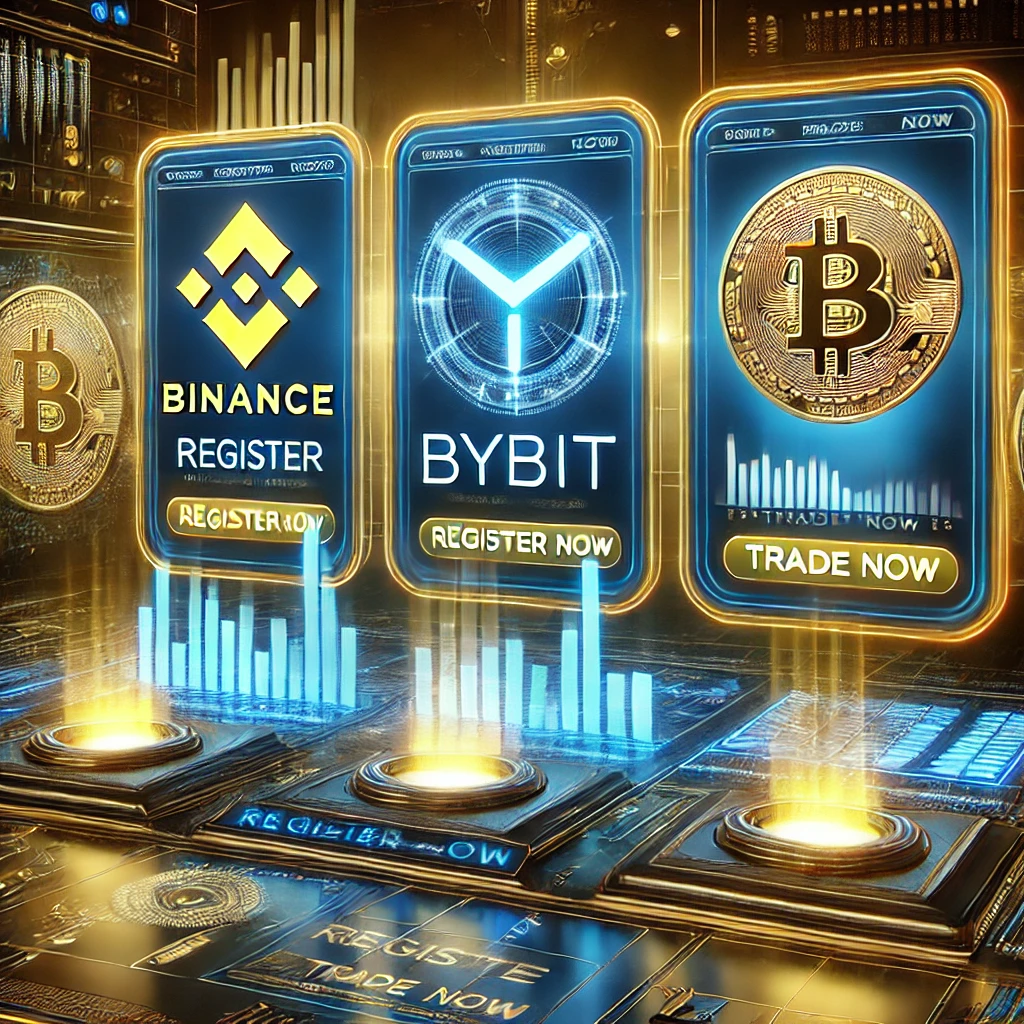Cardano (ADA) is rapidly emerging as a significant player in the decentralized finance (DeFi) sector, leveraging its unique technology, security, and scalability features to offer innovative solutions. With the launch of smart contract capabilities in 2021 and ongoing developments within its ecosystem, Cardano is poised to transform the DeFi landscape in several key ways. Here’s an exploration of Cardano’s impact on DeFi.
1. Robust Smart Contract Functionality
- Plutus and EUTXO Model: Cardano’s smart contracts are powered by the Plutus platform and the extended UTXO (EUTXO) model. This allows for the creation of complex financial applications with greater security and flexibility. The ability to formally verify smart contracts enhances reliability, reducing the likelihood of vulnerabilities that could be exploited in DeFi protocols.
- Secure and Scalable Transactions: Cardano’s architecture is designed to handle a high volume of transactions efficiently. This scalability is crucial for DeFi applications that may experience surges in user activity, ensuring that the network can accommodate increased demand without sacrificing performance.
2. Decentralized Applications (DApps) and Financial Products
- Emergence of DeFi DApps: Cardano is facilitating the development of various DeFi applications, including decentralized exchanges (DEXs), lending platforms, and yield farming protocols. Developers can build these applications on Cardano, creating a diverse ecosystem that expands user access to financial services.
- Community-Driven Projects: The Cardano community is actively engaged in building DeFi projects, often driven by grassroots initiatives. This collaborative environment encourages innovation and experimentation, leading to the development of unique financial products.
3. Interoperability and Cross-Chain Functionality
- Integration with Other Blockchains: Cardano’s focus on interoperability allows it to interact with other blockchain networks. This capability enables users to transfer assets seamlessly between Cardano and other platforms, enhancing liquidity and accessibility in the DeFi space.
- Bridging Solutions: Cardano is exploring cross-chain bridge solutions that facilitate transactions and data sharing between different blockchains. This interoperability can attract a wider user base and encourage collaboration between ecosystems.
4. Decentralized Governance
- Community Participation: Cardano’s governance model empowers ADA holders to participate in decision-making processes. This decentralized governance allows the community to influence the direction of DeFi projects, fostering a sense of ownership and collaboration among stakeholders.
- Project Catalyst: Launched as part of Cardano’s governance framework, Project Catalyst allows community members to propose and vote on projects that receive funding. This initiative supports the development of innovative DeFi applications driven by community needs and interests.
5. Focus on Sustainability and Accessibility
- Energy Efficiency: Cardano’s Ouroboros proof-of-stake consensus mechanism is energy-efficient compared to traditional proof-of-work systems. This sustainability aligns with the growing demand for environmentally friendly blockchain solutions, making Cardano an attractive option for DeFi projects.
- Inclusivity and Accessibility: Cardano aims to create a financial ecosystem that is accessible to users in developing regions. By providing tools and resources for decentralized financial services, Cardano is helping to democratize finance and reduce barriers to entry.
6. Future Prospects and Challenges
- Continuous Development: As Cardano continues to enhance its DeFi capabilities, the platform will likely see the emergence of new projects and applications that address various financial needs. Ongoing improvements in scalability, security, and user experience will further strengthen its position in the DeFi space.
- Competition and Market Dynamics: While Cardano has significant potential, it faces competition from established DeFi platforms like Ethereum and emerging players. Its ability to attract developers and users will depend on its continued innovation and responsiveness to market demands.
Conclusion
Cardano is making a significant impact on the decentralized finance landscape through its innovative technology, community-driven approach, and focus on sustainability. By providing robust smart contract functionality, fostering interoperability, and encouraging decentralized governance, Cardano is positioned to transform the way financial services are delivered and accessed.
As the DeFi ecosystem continues to evolve, Cardano’s contributions are likely to play a crucial role in shaping the future of decentralized finance. If you’re interested in exploring Cardano and participating in the DeFi space, consider signing up on Binance to access its features and offerings. Embrace the potential of Cardano and the exciting world of cryptocurrencies!

